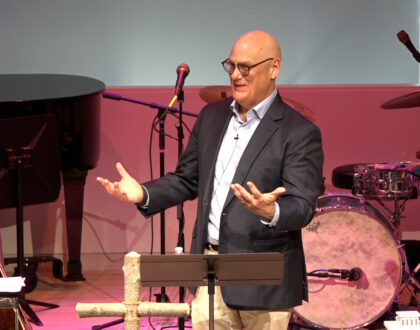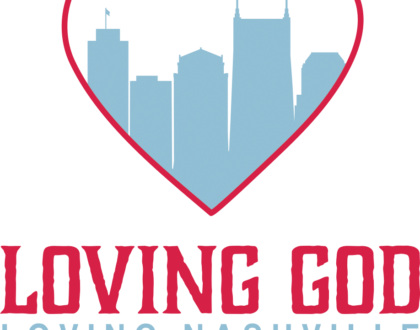Reflecting on the Two Halves of Life

I’m about to turn forty. For some that seems old. For others that’s still very young. The truth is not a single one of us knows how long we will get to live on this earth. We don’t know when we reach our midway point.
I lost a close friend in December to colon cancer in her early forties, three kids, a great husband, and successful career. I have another dear friend diagnosed with a brain tumor this week. Life is fragile, unpredictable, and doesn’t seem fair. We must live every day to the fullest. We are only given one day at a time.
Last year, David Brooks’ publication of The Second Mountain caused me to pause and reflect. He writes, “If the first mountain is about building up the ego and defining the self, the second mountain is about shedding the ego and losing the self. If the first mountain is about acquisition, the second mountain is about contribution. If the first mountain is elitist, moving up – the second mountain is egalitarian – planting yourself amid those who need, and walking arm and arm with them.”
Many books have been written about the two halves of life, and how they are very different. Middle age crises are real and happen all the time. Sports cars, affairs, addictions, boredom – you name it. Life certainly has its disappointments and dreams that go unrealized.
In the first half of life, we are highly focused on establishing ourselves – education, career, family, reputation, status, and recognition. On that first mountain, we believe that success is very important. But what is success? How do we define it?
On the second mountain, we learn to value much more meaningful things – faith, relationships, spiritual growth, emotional intelligence, community, service, and lasting commitments. Wisdom comes with age.
It’s not that the first mountain doesn’t matter. It does, and it’s necessary. But if it is all we ever live for, we will become disappointed, restless, and even disillusioned. On the second mountain, we should experience more joy and fulfillment.
In preparing to celebrate forty, the birthday party will have to be much smaller, thanks to COVID. But more than anything else, I value the relationships in my life and want to keep investing in them. I don’t want to take them for granted.
I also recognize certain truths: character matters greatly. We are not what we do for a living, although the wisest people are able to combine their passion with their vocation. Faith is not a matter of things working out exactly as we plan. Faith is a matter of living each day with hope and resilience in the face of uncertainty, questions, and pain. Arrogance is a sure sign of insecurity. Confidence is different. Humility is an admirable virtue, but it does not come naturally to many. Humility happens when we begin to face our own shortcomings and flaws.
In marriage and relationships, a big difference between those who make it and those who don’t is how we handle disappointment. Couples who grow old together learn to honor the friendship and avoid contempt.
Resentment is toxic which makes forgiveness absolutely necessary. Anger is dangerous. We all experience it, but we must be careful how we manage and channel it.
Politics will always be messy, rooted in ambition. The world needs more moderates who recognize compromise as necessary. Peace is important, and it starts within. Money is neutral but the way we use it sends a clear message. The same is true with our time, which is the most valuable resource we have.
We started the COVID pandemic focusing on the silver lining – slowing down, being with family, simplifying. Are these things still important, or have we grown restless and irritable? Change is constant, but growth is optional. Being spiritually grounded and emotionally healthy will help in every stage of life.
-Clay
Recommended Posts

Authenticity in a Social Media World
April 16, 2024

“Leveraging Our Love” – Jay Hutchens – April 14, 2024
April 14, 2024

Living with Gratitude & Generosity
April 11, 2024

